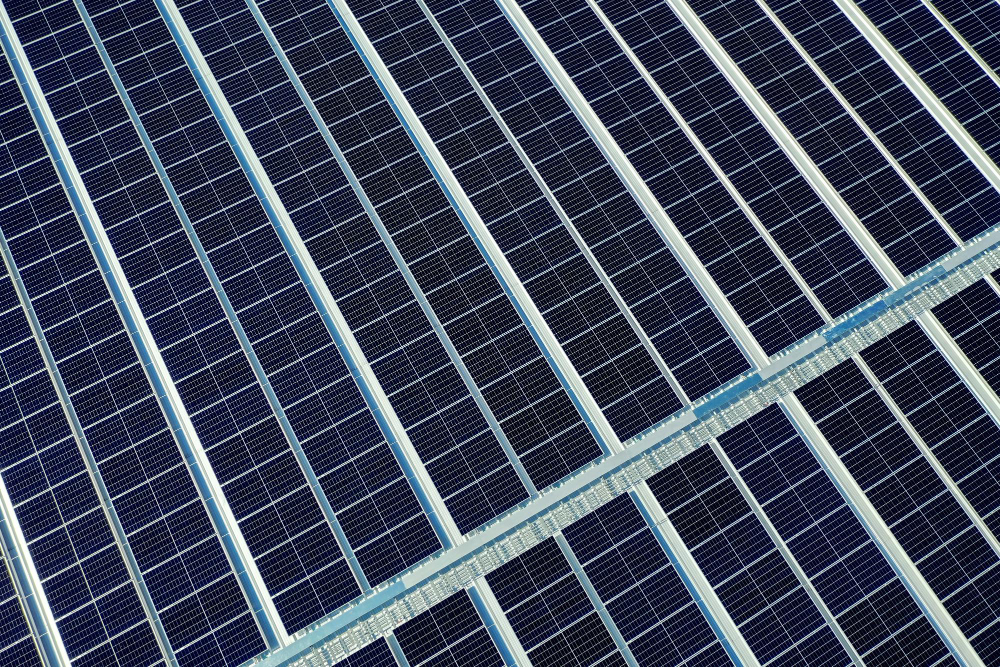The future looks bright for one of the world’s largest man-made dams.
From the beginning of 2025, Lake Kariba, on the border between Zimbabwe and Zambia, is to become the site of a massive floating solar farm.
Bloomberg reports that Zimbabwe’s Ministry of Mines and Energy has announced that the country will start installing the 150 MW floating photovoltaic (FPV) farm early next year.
Zimbabwe has revealed plans to transform its energy scene by putting floating solar panels on the Kariba Dam, the biggest artificial freshwater reservoir worldwide.
Read more on our website: https://t.co/jlPS6WQwNG@AuthorityRiver— TechPression (@Techpressionews) June 24, 2024
Minister Gloria Magombo said the project ‘was only the beginning’, and the country was also considering installing an FPV system on the surface of the Mutirikwi Dam in the south-east.
She noted that the private sector had applied to install a total of 600 MW of solar power generation capacity, according to TechCentral.
Global Infrastructure Review reports that the announcement follows a call for tenders by the African Development Bank to carry out feasibility study for a floating solar power plant on Lake Kariba.
The report says the Zambezi River Authority, which manages the Kariba Dam Complex, has been concerned about falling dam levels caused by the drought in the area, which have led to a reduction in hydropower capacity, and thus Zimbabwe’s overall power generation capacity. The FPV project is an attempt to mitigate the impact and improve the sustainability of the region’s power supply.
This is SERIOUS. Listen #Zambia🇿🇲
“Kariba North Bank to shutdown completely should Zambia not receive adequate rainfall by January 2025. This is due to the fact that the Kariba North Bank Power Station relies heavily on water levels at the Kariba Dam for its operations.”… pic.twitter.com/BWGslxwfyS
— Ndawana Youngson PhD. (@NdawanaY) June 12, 2024
While there are a number of positives about the project, Daily Maverick reports that the FPV installation could have a negative impact on the environment: it could be disruptive to organisms in the dam and there is a danger of pollution if harmful substances were to leak into the water.
However, the solar panels could also prevent water evaporation, and FPVs are more efficient than land-based solar power systems since the panels are cooled naturally by the water.
Follow African Insider on Facebook, Twitter and Instagram
Picture: Freepik
For more African news, visit Africaninsider.com
Compiled by African Insider


